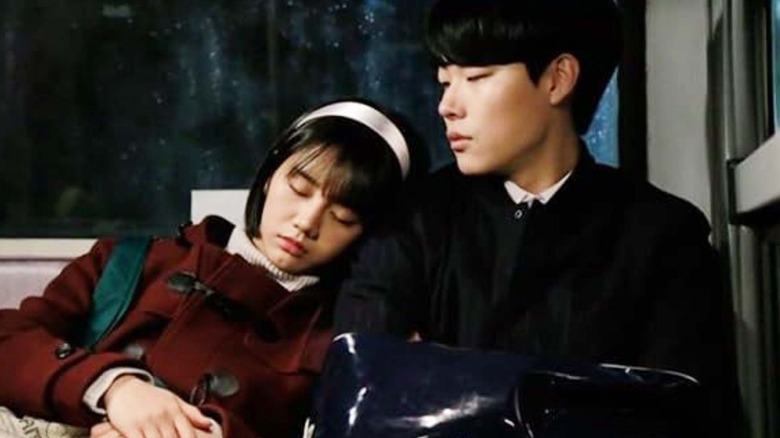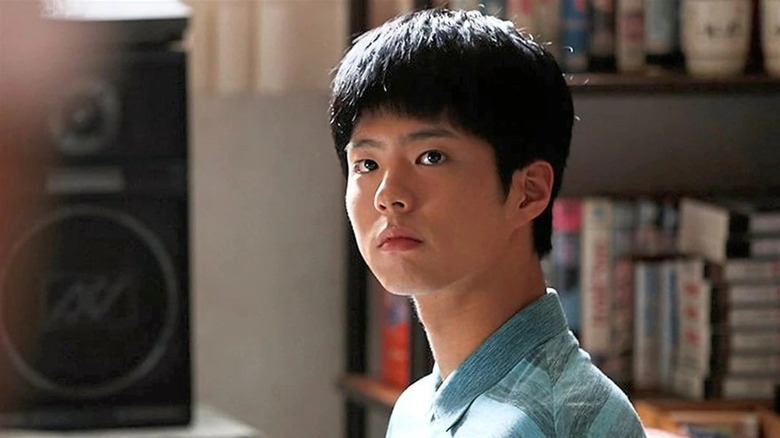
With K-dramas like “Squid Game” finding popularity on Netflix among international audiences, South Korean television programming is more prominent than ever worldwide. As global audiences delve deeper into the extensive and varied world of K-dramas, fans have developed their own greatest K-dramas lists. But for all the thrilling mystery or sinister alien invasions that K-dramas have become known for, the most well-regarded K-drama among IMDb users is considerably less violent. The best K-drama ever made to date, according to IMDb, is actually the slice-of-life series “Reply 1988,” which originally aired on South Korean television from 2015 to 2016.
“Reply 1988” focuses on five friends living in the Ssangmun-dong neighborhood of northern Seoul in the late ’80s through the mid-’90s. The show currently holds an impressive 9.0 rating on IMDb from approximately 15,000 user votes. The highest-rated episode is its series finale, with an 8.9 score, while its lowest-rated episode is the series premiere at 8.0. To put that into perspective, the 53-time Emmy-nominated “Better Call Saul” and the visually stunning animated series “Arcane” both also have 9.0 ratings on IMDb. “Reply 1988” is in very good critically received company indeed as the show finds a wider audience through the heightened profile of K-dramas abroad.
Reply 1998 is a nostalgic look at a pivotal year for South Korea
“Reply 1988” is actually the third installment of a trilogy of limited television series by director Shin Won-ho and screenwriter Lee Woo-jung. The preceding series are “Reply 1997” and “Reply 1994,” with each story following a group of friends growing up together while incorporating key events from Korean history occurring around them. Though all three series feature actors Sung Dong-il and Lee Il-hwa, they all tell standalone stories with entirely new casts of characters for each show. Each of these series takes advantage of nostalgia for their respective time periods as they build coming-of-age dramas for their characters.
Starting in September 1988, “Reply 1988” certainly covers an especially cataclysmic time in South Korean history. Beginning with Seoul hosting the 1988 Summer Olympic Games, the international attention on South Korea led to increased protests against the country’s totalitarian regime. Following the abdication of dictator Chun Doo-hwan, the subsequent democratically elected government and expanding South Korean economy leads to the rapid gentrification of Seoul. “Reply 1988” covers these changes from the perspectives of its likable main cast, often within slice-of-life scenarios and a mouth-watering emphasis on local cuisine. With its relatable characters and wistful look back at a pivotal time for the country, “Reply 1988” is a beautifully crafted K-drama where the stakes are emotional instead of tautly life-threatening.



Leave a Reply